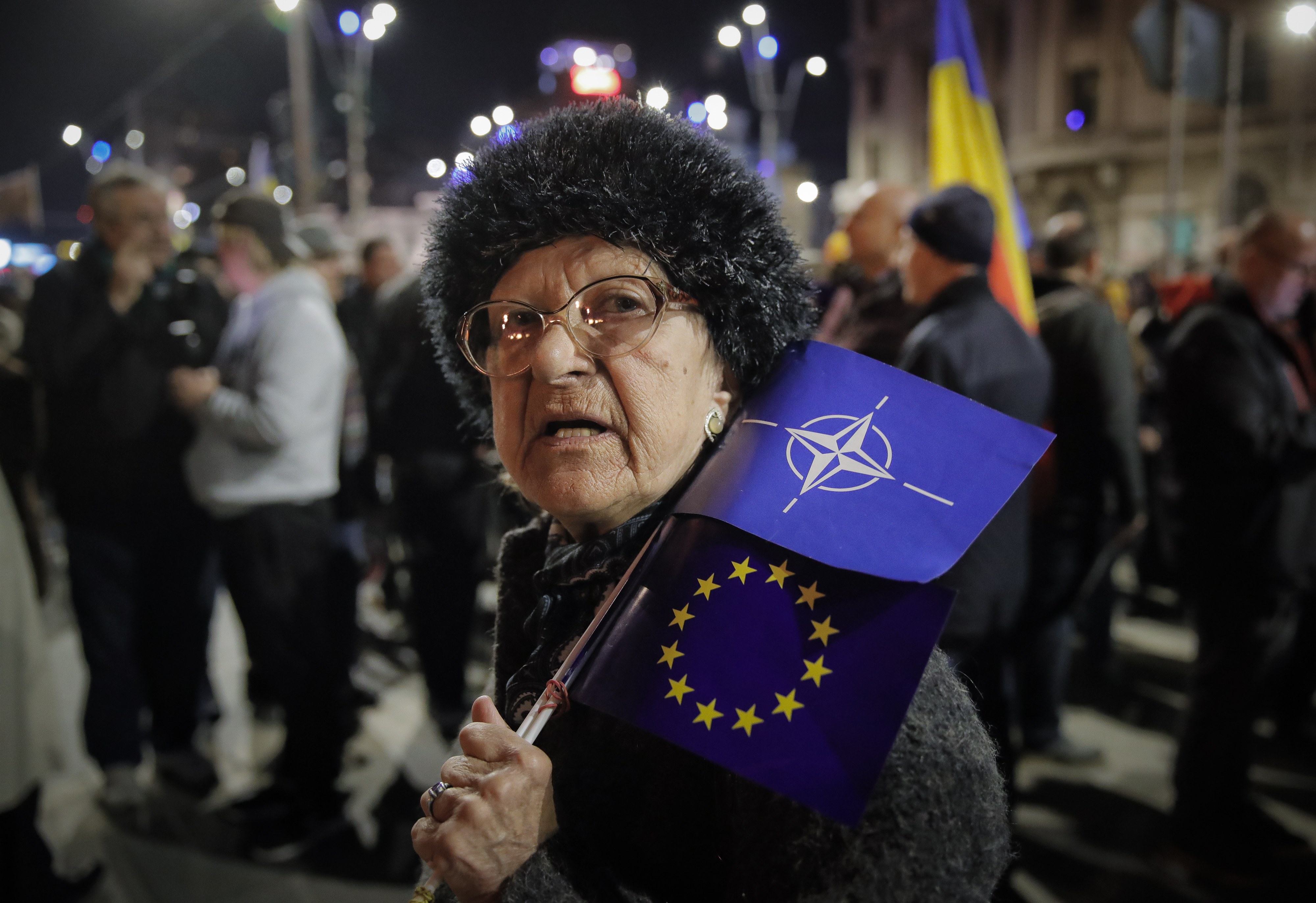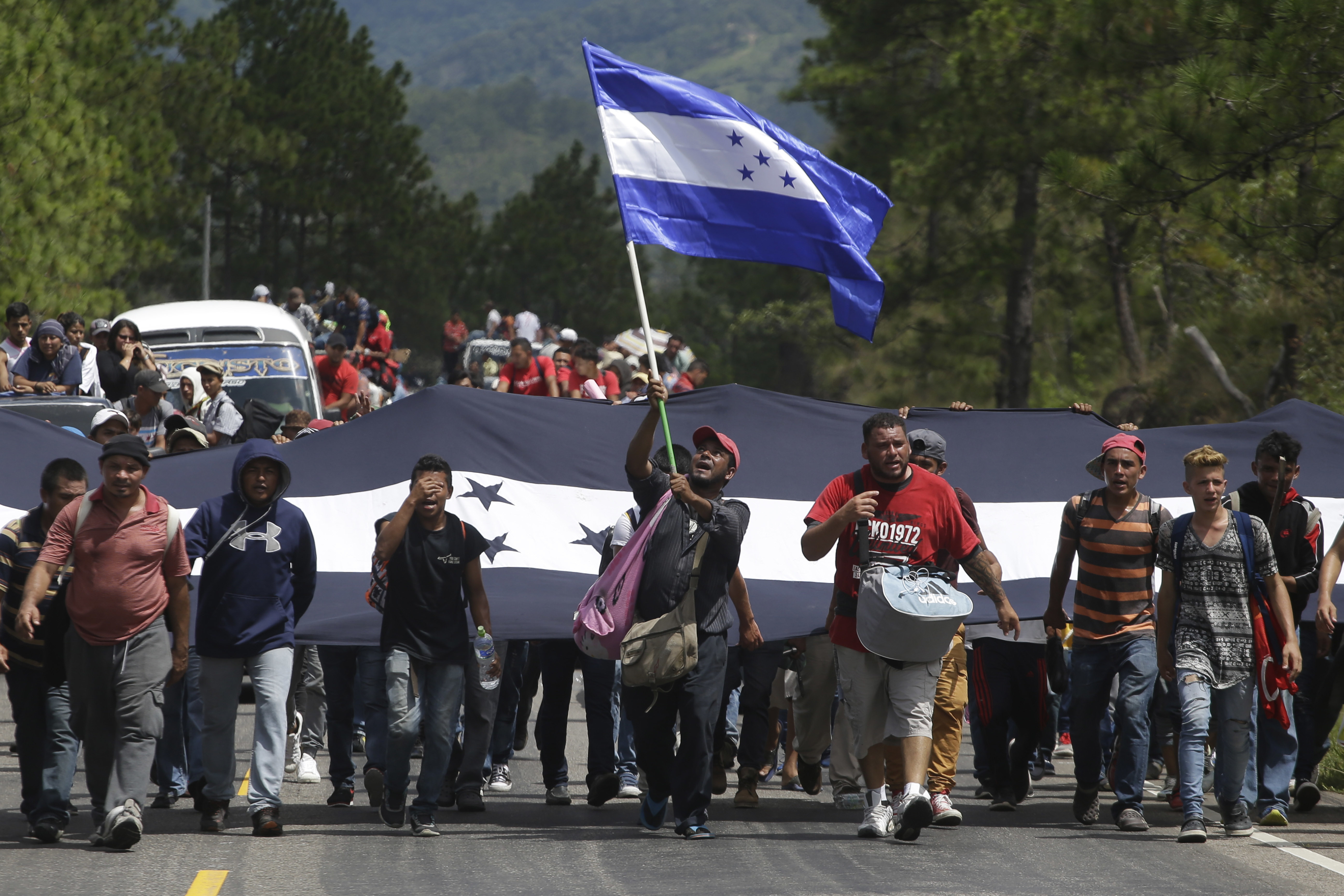
Romania’s prime minister on Thursday rejected calls by ambassadors from 12 countries, including the United States and Germany, to refrain from amending laws on fighting crime and corruption by decree.
According to local reports, Prime Minister Viorica Dancila said ambassadors “do not set the prime minister’s agenda in any country” and urged them to “show respect for Romania.”
Her Social Democratic government has come under criticism, including from the European Union, for a series of changes to the judiciary that opponents say will make it harder to prosecute high-level graft.
“We urge the Romanian government and all parties involved to take due consideration of this joint statement and to reaffirm Romania*s political commitment to defend our shared values,” the international diplomats said Wednesday in a Facebook posting on several of the embassies in question.
Dancila’s rejection of the request from the Bucharest-based ambassadors came as center-right President Klaus Iohannis announced that a referendum on May 26 would seek to ban the government from amending criminal law by emergency decrees as well as ban those convicted of crimes related to corruption from obtaining pardons or amnesty.
Iohannis called for “zero tolerance for corruption,” though some see the referendum as a move to boost voter turnout for the elections to the European Parliament, which also take place on May 26, and increase support for candidates opposed to the ruling Social Democrat party.
Iohannis said he would consult with parliament regarding the questions to be included in the referendum — which needs voter turnout of at least 30 percent to be valid — but it’s the president’s prerogative to call for referendums on matters of national interest.
Social Democrat leader Liviu Dragnea, who has a suspended conviction for vote-rigging, is pressing the government to give amnesty to “thousands of people” he claims were wrongly imprisoned by anti-corruption prosecutors.q



















